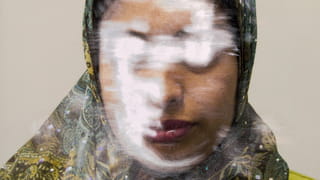Stop. Have you noticed what’s missing? After the near-daily hum of coverage about deportations in the UK, migrant “caravans” in North America, state-sponsored anti-asylum propaganda in Australia, or pleas for an “axis of the willing” to stop migration across Europe, negative stories about immigration are conspicuously missing from newspaper front pages.
Here in the UK, aside from the odd scare story about desperate people trying to cross the Channel Tunnel, there seems to have been a shift: in recent months, some politicians are realising that the very migrants they’ve been calling “low skilled” – making them less welcome – are actually key workers. Hospital porters, cleaners, carers, delivery drivers – many of whom were not born where they now work – are risking their own health and safety to keep western societies going. It’s an important observation to make because it challenges the often used argument that immigration is a problem for the economy and for wider society.
Read this story in one minute.
As a critical race theorist, I’ve been studying race and immigration in the UK for the past five years. Having interviewed many people who have moved to Britain and been treated terribly, I’ve learned how cruel and unfair the immigration system can be. I’ve interviewed people who have paid thousands of pounds to try to regularise their status, waited for months – more often years – to hear about their case, and so many of these people have encountered hostility along the way.
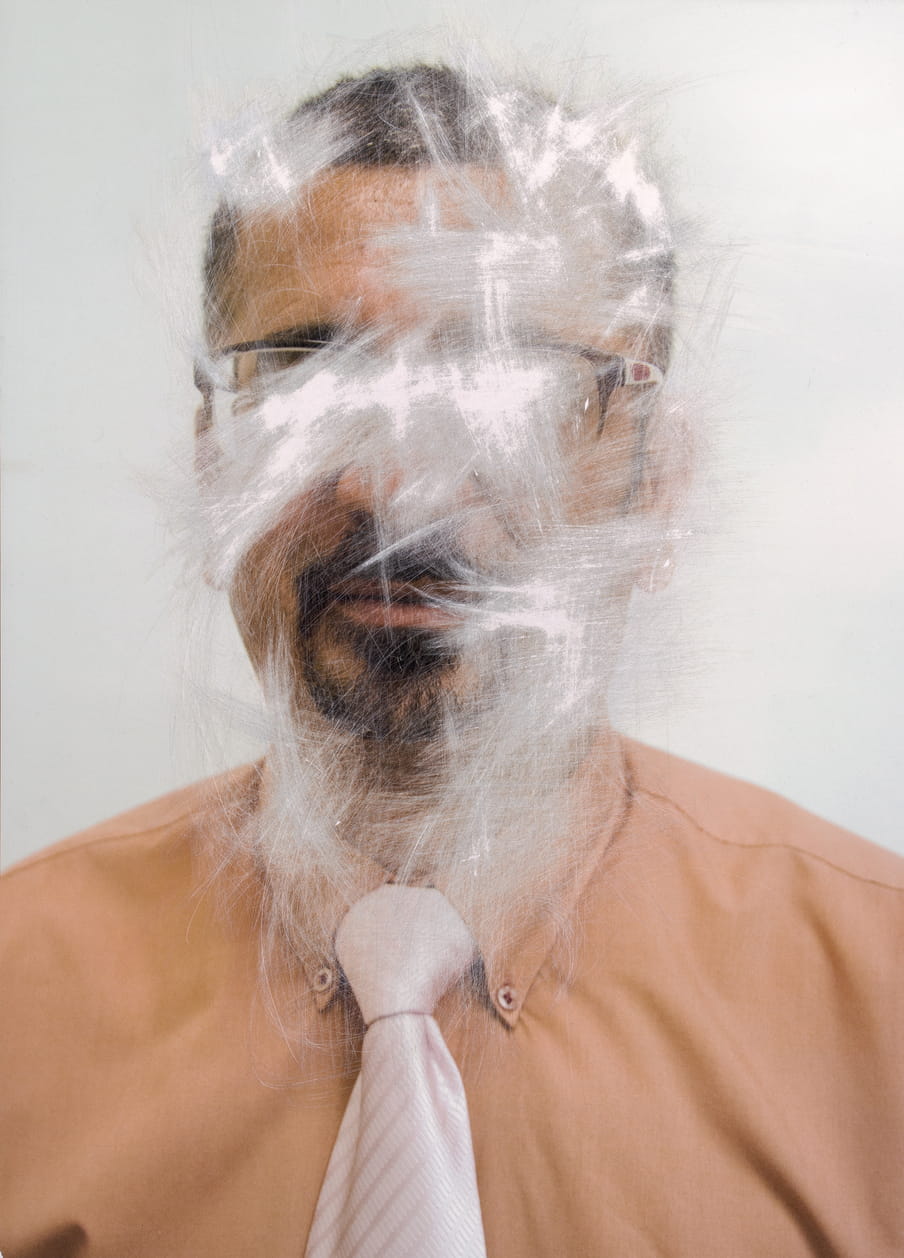
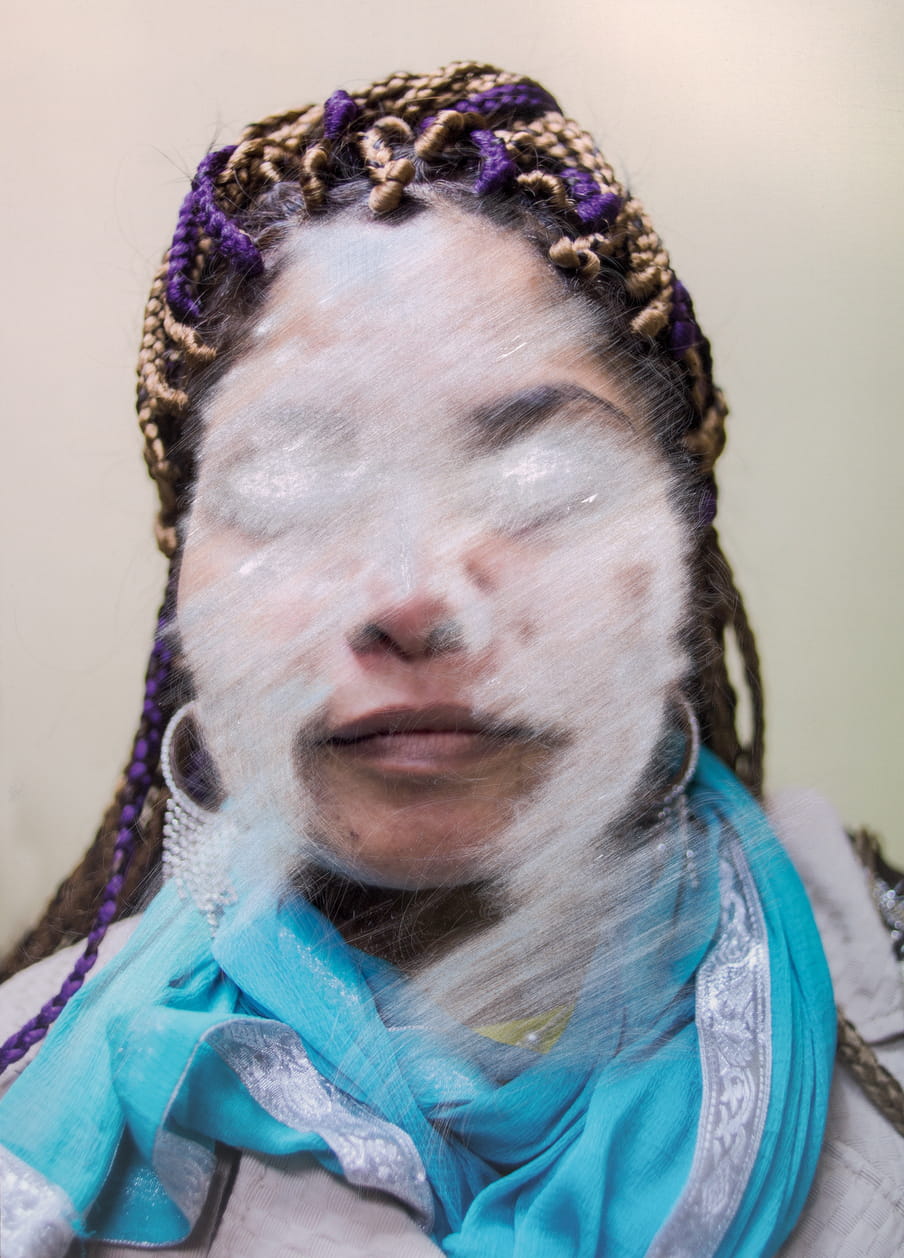
I’ve also looked at how immigration policy plays a role in how we understand people’s worth: where people on low pay are often dismissed as “low-skilled” and legal routes into this country and many others are difficult for them to come by. Given this context, we can’t turn away from the knowledge of who is putting their lives on the line for us all during this pandemic, and where they come from. It matters that millions of key workers are migrants.
But there’s also a danger with this narrative.
Pervasive in the public discourse is the idea of the “good migrant” versus the “bad migrant”, even if it’s not always explicitly articulated in this way. Good migrants add value, while bad migrants extract value; the citizen is pitted against the non-citizen; the "economic contributors" implicitly positioned against supposed "scroungers". There’s a risk that in this moment the category of the "good migrant" might be expanded out – though even that isn’t a given – while the "bad migrant" remains intact. Once caught on the wrong side of this binary, life can quickly become insufferable – especially if you don’t have the right documentation.
This was what happened to the people whose harrowing experiences were at the centre of the Windrush scandal, which first made headlines in April 2018. Reporting from the Guardian revealed that over time, on at least 83 occasions, British citizens were wrongfully detained, denied their rights, threatened with – and at times – successfully deported by the UK Home Office.
It matters that millions of key workers are migrants
What did all of these people have in common? They were all black Britons, born in the Caribbean, who had moved to the “Mother Country” as children. Their parents – “good migrants” – were invited to help rebuild the UK after the second world war, though many weren’t seen or treated that way at the time. Lacking the “right” documentation to prove they were in the country legally and after decades of living here, the Windrush generation found themselves targets of two immigration acts that the government had packaged together and proudly labelled “the Hostile Environment”.
Unlike never before in UK history, immigration was headline news not because immigrants were being demonised but because the impact of government immigration policy was being scrutinised. The voices of those affected were at the centre of the debate, and questions were repeatedly put to ministers about why British citizens were being treated so inhumanely under the country’s immigration rules.
It was one of the few times such an inversion of the norm had occurred – certainly for a sustained amount of time – prompting relative agreement that there should be a reassessment of how immigration was legislated for and how it was talked about. But two years on and the hostile environment – now rebranded the "compliant environment" – largely remains in place and the debate remains rooted in the same premise as before: that immigration is a problem to be controlled.
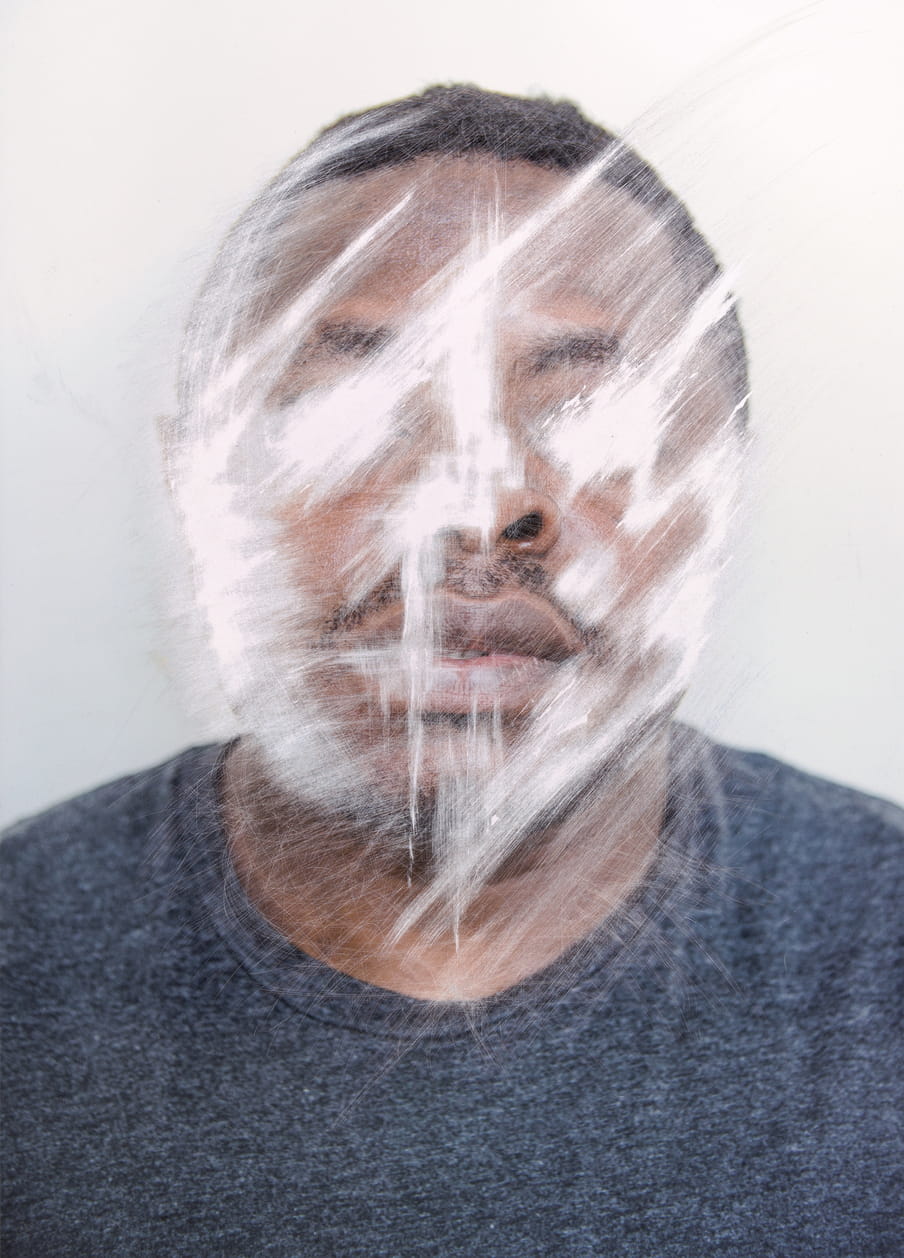
The government justified its creation of a hostile environment by claiming the immigration policies in question were necessary to deal with so-called illegal immigrants. This amorphous group is constructed as the problem migrants, and with this phrase people are stripped of their humanity – entirely ignoring that people can become undocumented for all kinds of reasons, including the rules changing around them and unaffordable costs of regularisation.
Even during the coronavirus pandemic, the UK government has kept large parts of the hostile environment in operation. They continue to expect landlords to carry out right-to-rent checks and they’ve failed to establish a firewall between the British health service (the NHS) and the Home Office, which would prevent data sharing.
As the hostile environment attempted to turn doctors and neighbours into immigration watchdogs, the fear of a line of communication between health services and immigration officers now undermines some of the positive measures introduced to tackle Covid-19. Prime minister Boris Johnson’s government has, for instance, suspended healthcare charging (for some, depending on their migration status) for anyone who’s tested or treated for coronavirus. But there are people too scared to seek medical advice, even if they’re showing symptoms. They fear being detained or that their data will be shared with other agencies, which might impact any future immigration applications.
Outside the hospitals are "bad migrants", risking their lives in order to avoid detention and deportation. Inside the hospitals are "good migrants", who shouldn’t have to risk their lives to be seen as human beings and whose worth should not be dependent upon what they do for the nation or the economy.
Some migrants are more equal than others
Just a few months ago, some of the very people who are on the frontline of the fight against coronavirus would have scored too poorly on the points-based immigration system the UK government plans to introduce in January 2021. Points will be awarded for “specific skills, qualifications, salaries and shortage occupations”, and people who get enough points and who meet a number of other criteria – such as having a job offer – will be granted visas. This policy is being introduced by the current Conservative government, but 15 years ago, New Labour tabled similar plans.
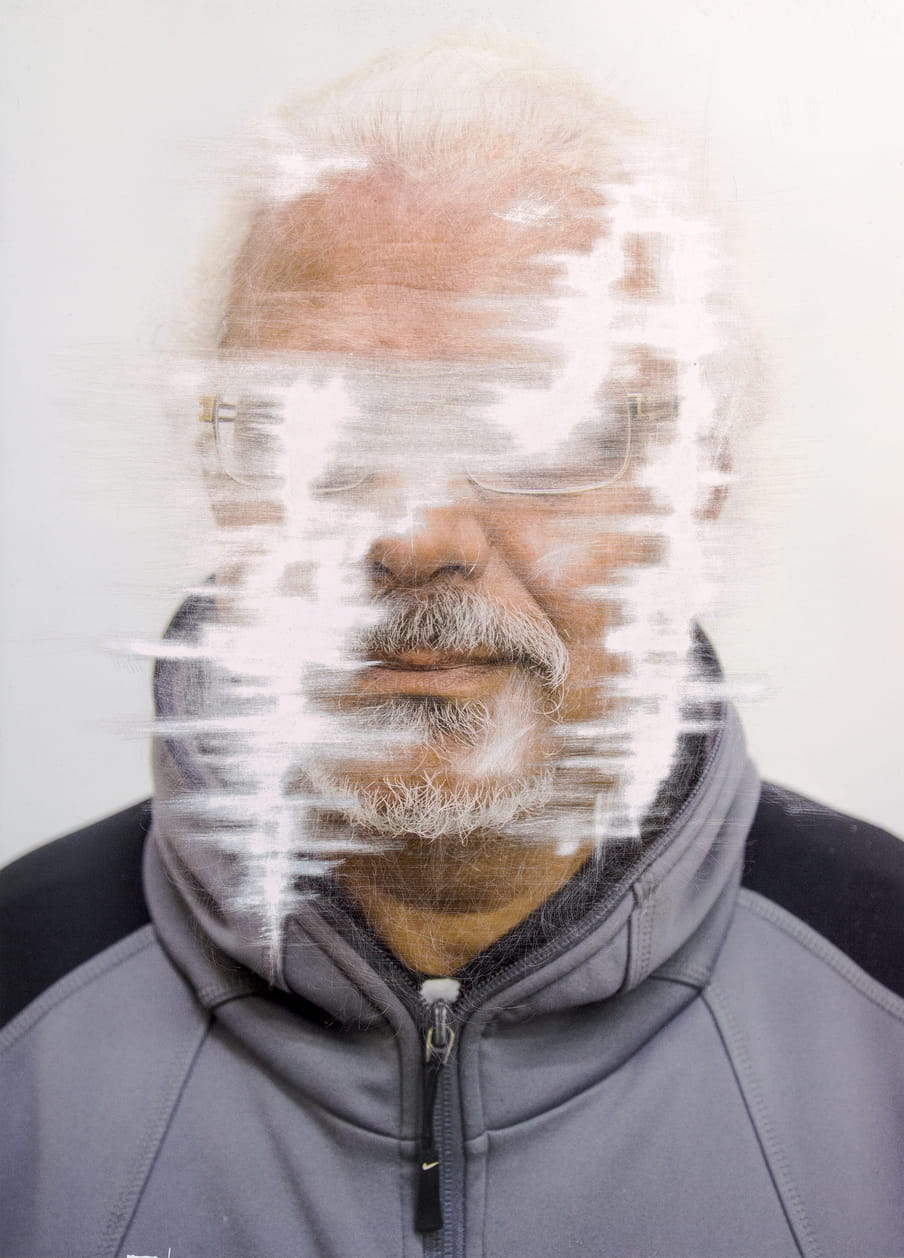
This approach treats people as if their rights and worth should be contingent on their skills, skills that are categorised as useful or not by a government. So unless sanctioned and controlled by government through visa regimes, movement by people living in poverty and people racialised as "other" – whether because they come from former colonies, from Muslim-majority countries, or from eastern Europe – is treated as a threat.
The racial hierarchy, which was solidified during colonialism and treated black and brown people as less human and less capable than their white counterparts, was subtly embedded in thinking on immigration. Politicians talked about people from India as culturally incompatible with the UK, and some who moved over from the Caribbean were constructed as bringing crime and discord with them. Consider the 1968 speech by Conservative politician Enoch Powell, who proclaimed that “in this country in 15 or 20 years’ time, the black man will have the whip hand over the white man”, and called not just for an end to immigration but for those already settled in the UK to be deported.
Class politics and the veneration of wealth have also shaped immigration policies. The Filipino nurse or Polish plumber is accused of “taking jobs”, but if you have £2m for an investor visa, you might not entirely escape scapegoating narratives, but you certainly don’t experience the same level of ire. Instead, you’re entitled to come into the country and access a full gamut of rights with few questions asked.
Clap today, change politics tomorrow
Anti-immigration politics is not unique to the United Kingdom. All around the world, certain groups of immigrants are scapegoated, treated as burdens and their movement limited. This has an impact on people’s lives: deciding where they can live, what resources they can access, and how they’re treated.
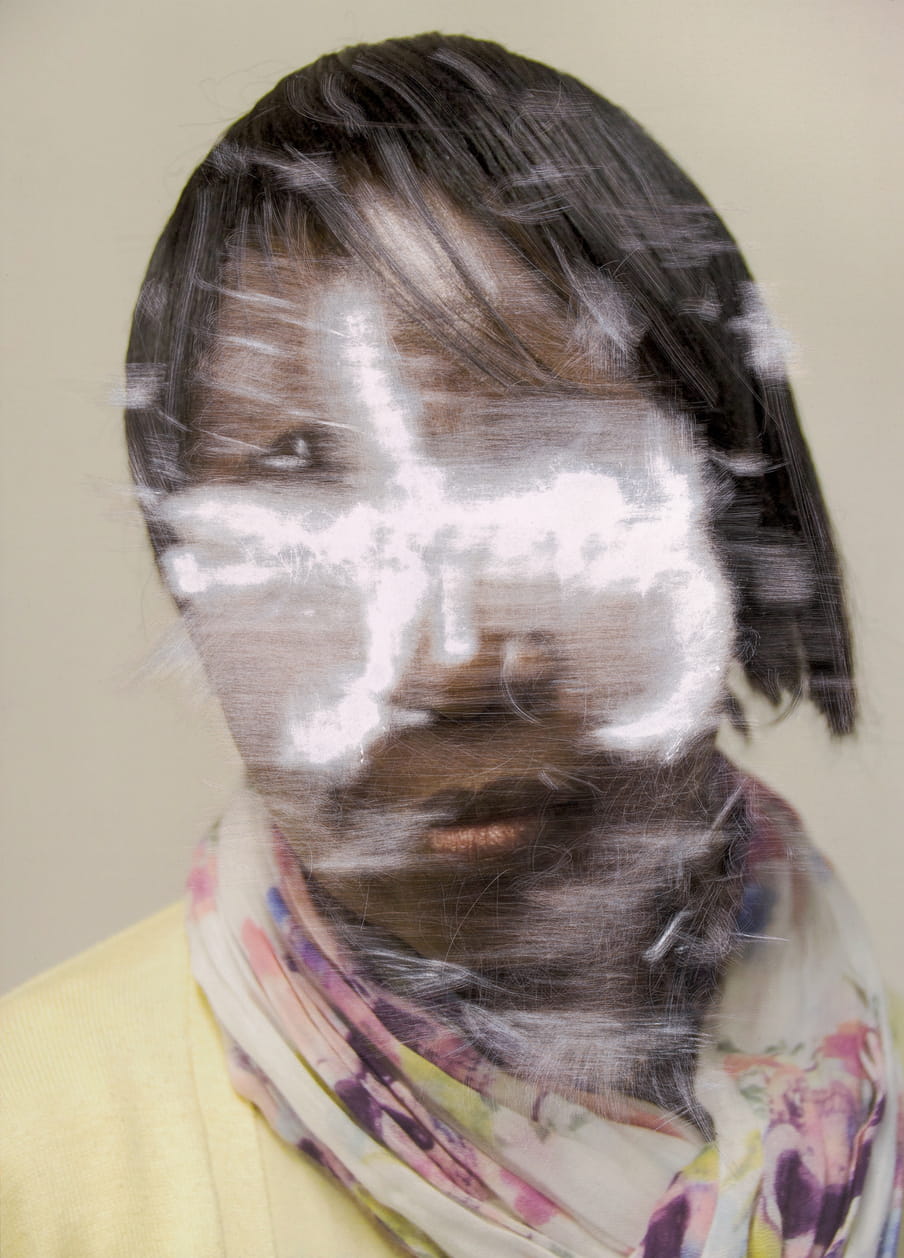
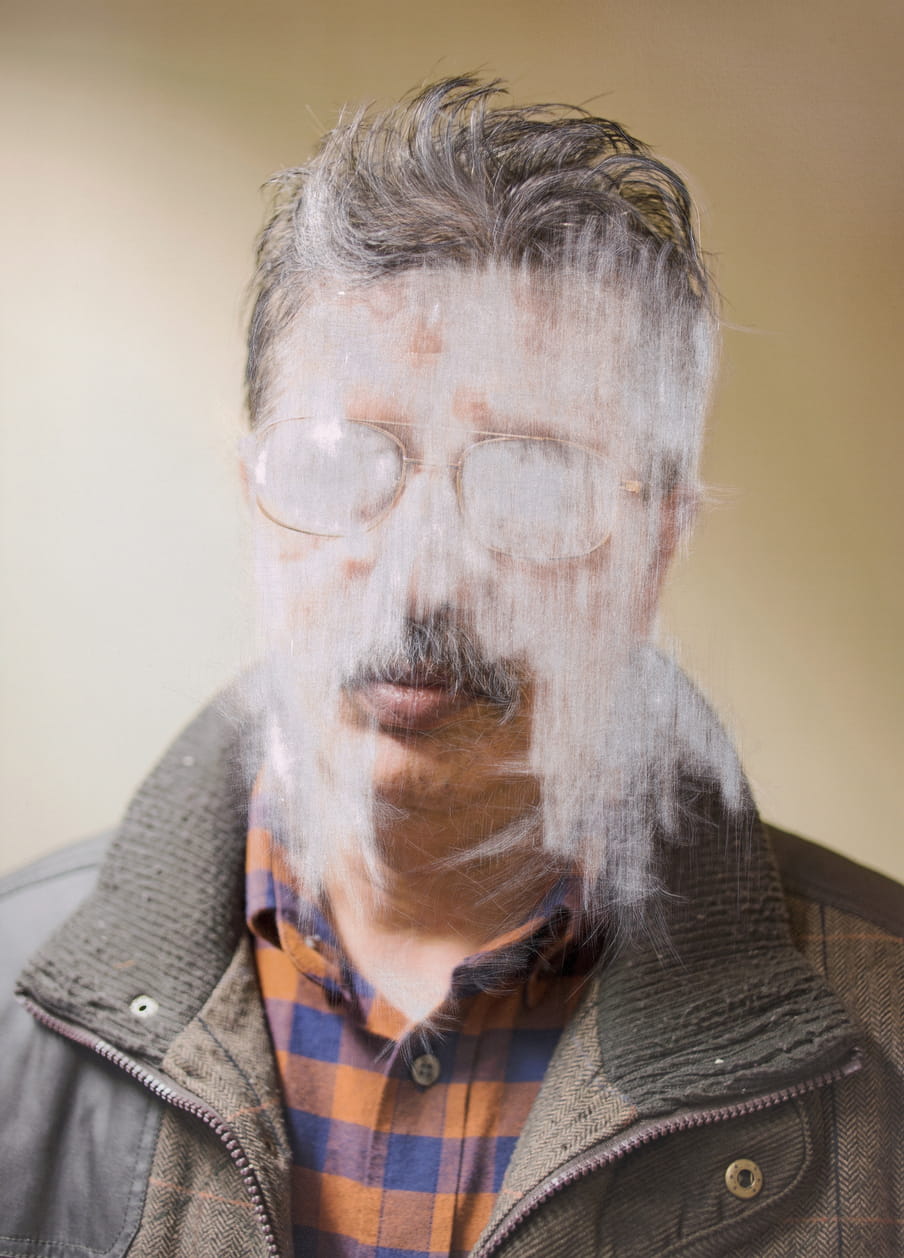
But it is possible to move beyond this good migrant/bad migrant binary: by rejecting the idea that people’s worth and rights should be measured by their perceived contribution and by injecting humanity into the debate.
Migrant justice must be rooted in an understanding that movement is not the problem – borders are. It is restrictive border regimes that force people to risk their lives to find work or be reunited with their loved ones. It is borders that hem others into countries, forcing them to take whatever income source is available to them, even if it’s exploitative work for multinational corporations whose money crosses borders in search of offshore banks with greater ease than the people whose “cheap labour” makes the money. For all that fairness is talked about, the immigration system relies on this fact being overlooked, and people who move being depicted as the problem.
There will come a future when clapping in appreciation of the ‘good migrants’ will stop
Doubtless a global pandemic will be used – and already has been – as an argument for strengthening national security. After all, closing borders has been treated as one of the ways to stop the spread of the virus. But this is as simplistic as it is dangerous: testing, tracing and international collaboration have been key to dealing with this global outbreak. And while movement has had to be necessarily limited not only between countries but within them, immigration is not to blame for the spread of Covid-19.
So in the long term, more legal migration routes should be set up and the visa regime – which makes it near impossible for whole swathes of people to travel to certain places – should be reformed. That means focussing on both the global and national arguments against immigration and exposing the flawed logic and the bigotry in their very foundations.
There will come a future when clapping in appreciation of the “good migrants” and their colleagues will stop – when, once again, the hospital cleaner, grocery shopkeeper or Uber driver “with an accent” will be met with abuse and not thanks. We need to prepare now for that time by sustaining the questioning and dismantling of insidious border regimes. And we must expand humanity beyond these categories that treat some migrants as good and others as bad. If you’ve applauded these most vulnerable workers with any sincerity today, then you’ll agree that tomorrow’s anti-immigration politics – in all of its forms – needs to be fundamentally challenged.
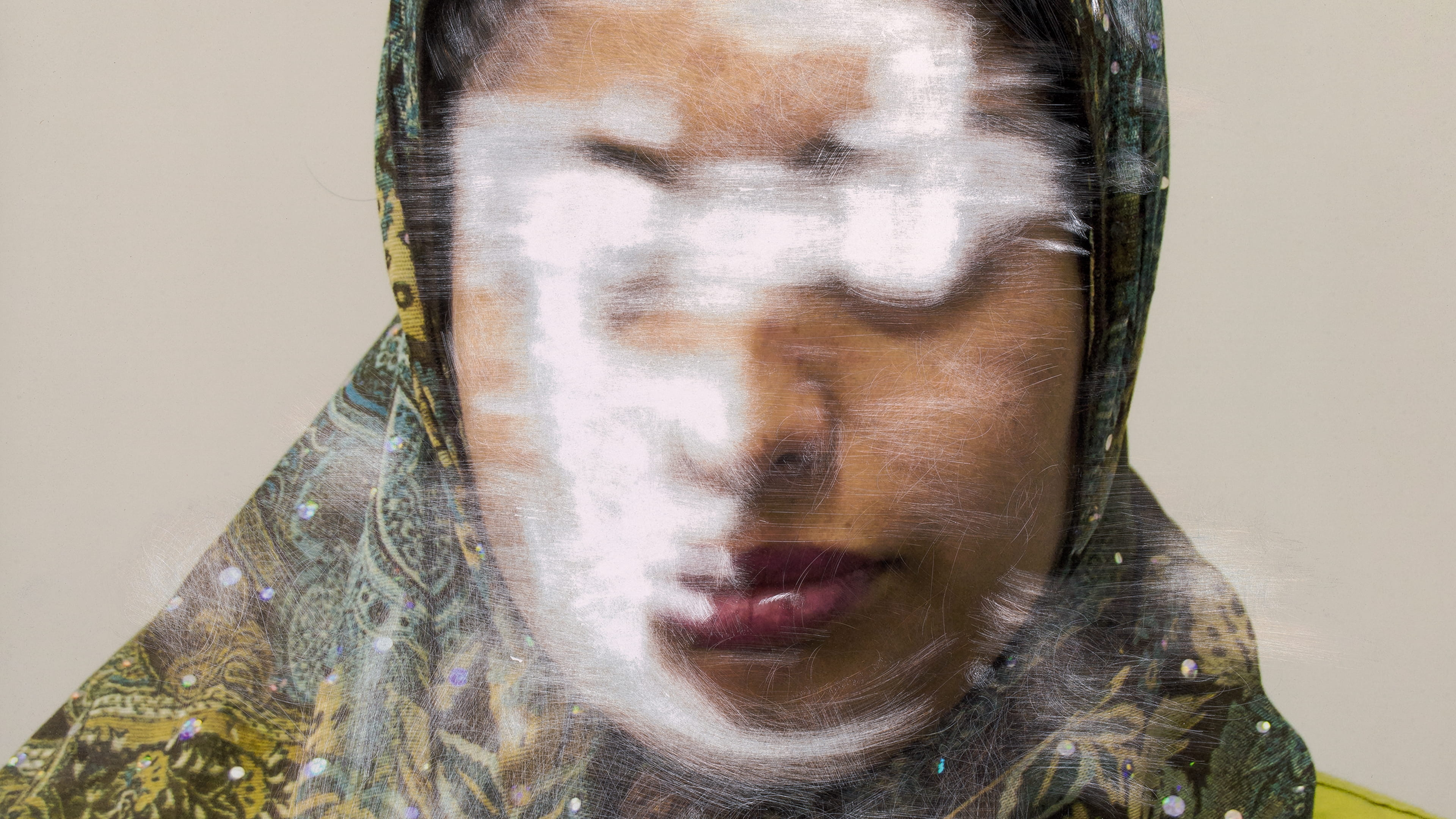 About the images
Sam Ivin uses individual stories to raise awareness of broader socio-political problems. His book Lingering Ghosts questions the UK immigration system by documenting asylum seekers awaiting legal status. The physical marks inflicted by the photographer on the portraits he took show the uncertainty, frustrations and disconnection the asylum seekers are subjected to. Away from their homeland – not yet anchored in the society in which they arrived seeking safety – they are in a suspended state. The erasures on the prints represent both a form of disembodiment and a gesture to preserve the identity of the people photographed. (Myrabelle Charlebois, image editor)
About the images
Sam Ivin uses individual stories to raise awareness of broader socio-political problems. His book Lingering Ghosts questions the UK immigration system by documenting asylum seekers awaiting legal status. The physical marks inflicted by the photographer on the portraits he took show the uncertainty, frustrations and disconnection the asylum seekers are subjected to. Away from their homeland – not yet anchored in the society in which they arrived seeking safety – they are in a suspended state. The erasures on the prints represent both a form of disembodiment and a gesture to preserve the identity of the people photographed. (Myrabelle Charlebois, image editor)
Dig deeper
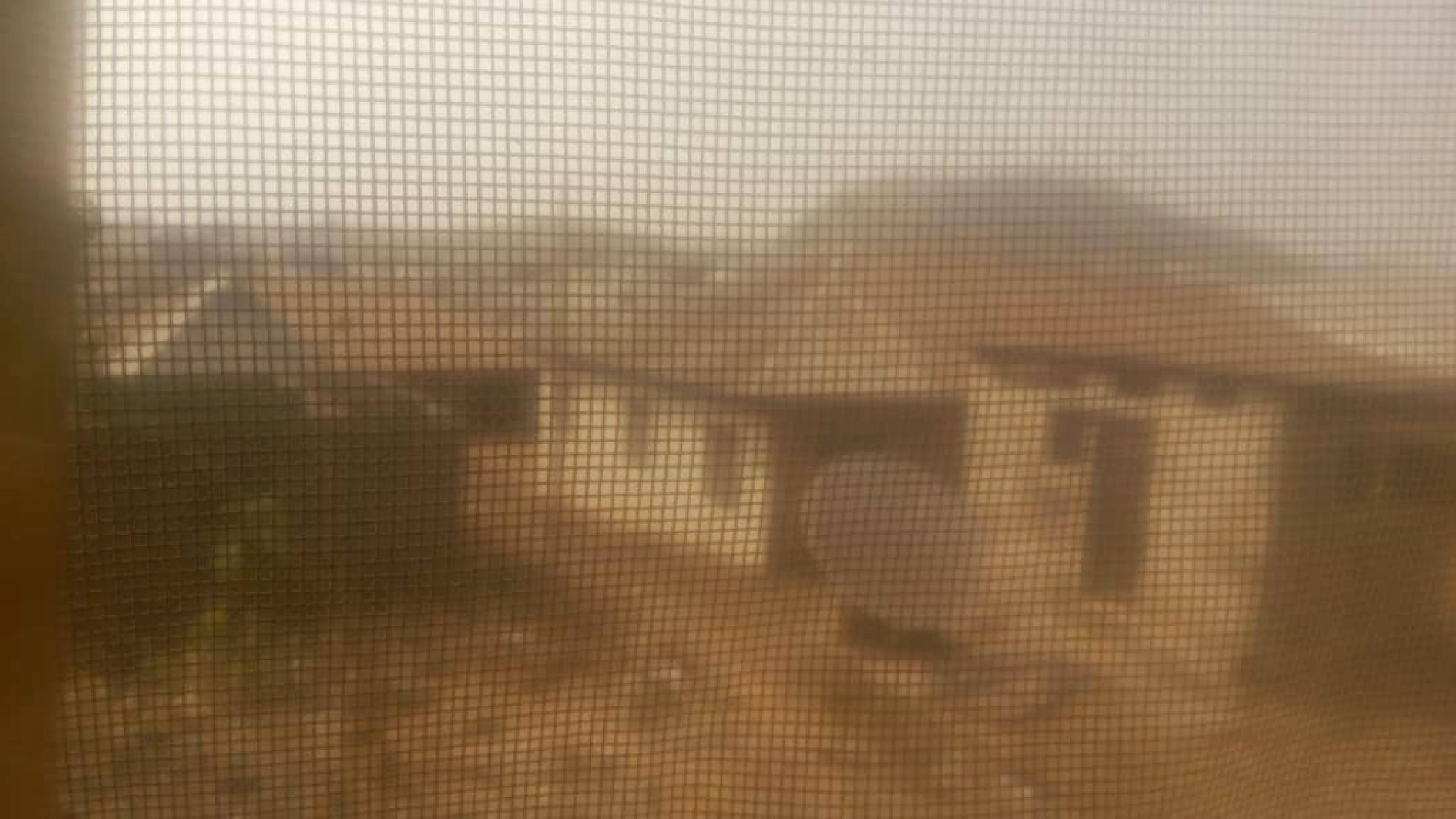 What happens to migrants who are sent back? I spent a year following 12 people to find out
We constantly hear about migrants trying to get to Europe but never about what happens to those who are unsuccessful. I followed 12 people after their return from a failed journey.
What happens to migrants who are sent back? I spent a year following 12 people to find out
We constantly hear about migrants trying to get to Europe but never about what happens to those who are unsuccessful. I followed 12 people after their return from a failed journey.
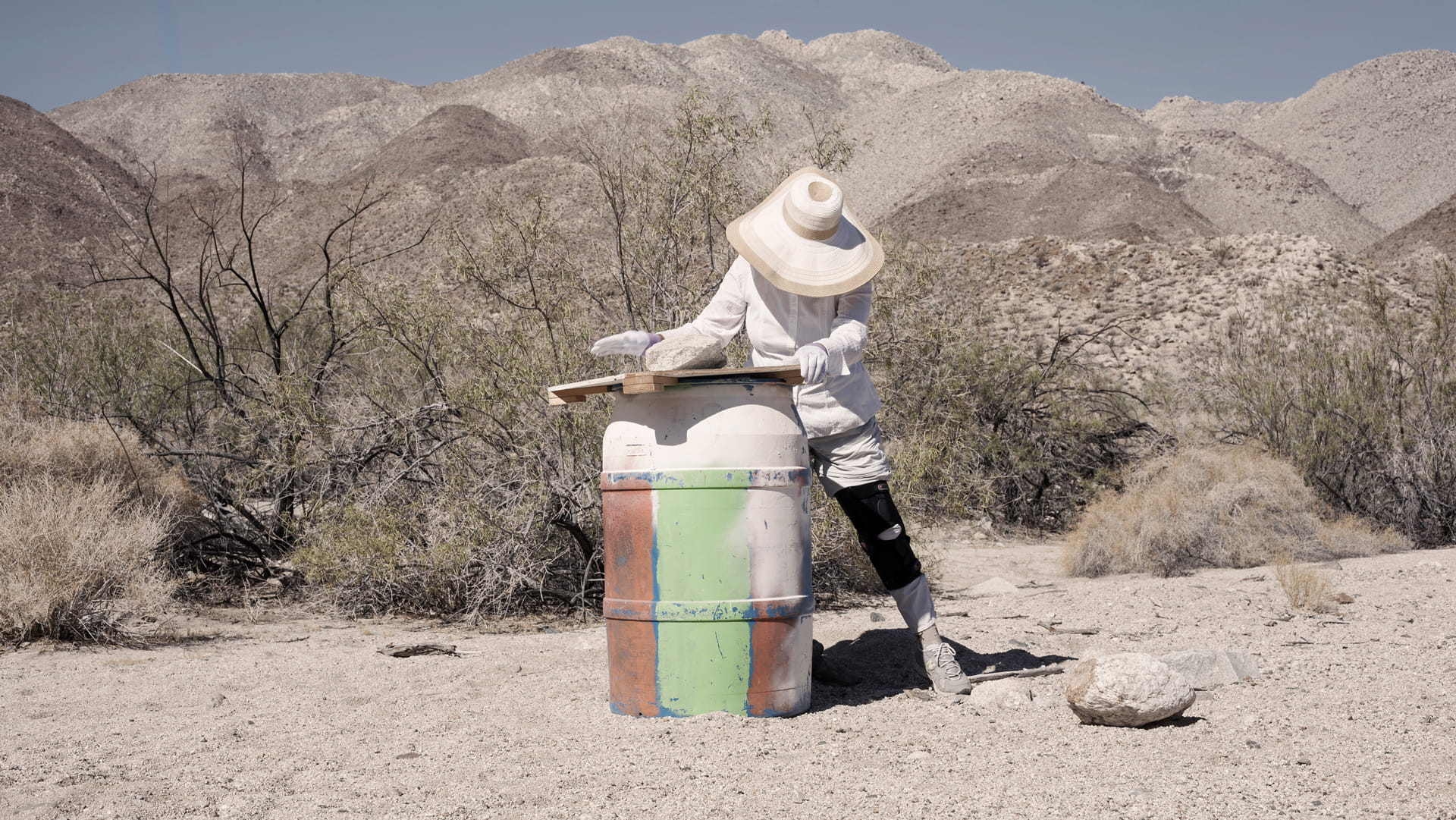 Tales from the border: rewriting the narrative of the anonymous migrant
Every year, hundreds of people die along the US-Mexico border. Government policy is deliberately deadly, dehumanising and erasing those who try crossing. Author Jason De León joined us to discuss invisible violence, immigration policy, and unexpected humour.
Tales from the border: rewriting the narrative of the anonymous migrant
Every year, hundreds of people die along the US-Mexico border. Government policy is deliberately deadly, dehumanising and erasing those who try crossing. Author Jason De León joined us to discuss invisible violence, immigration policy, and unexpected humour.


